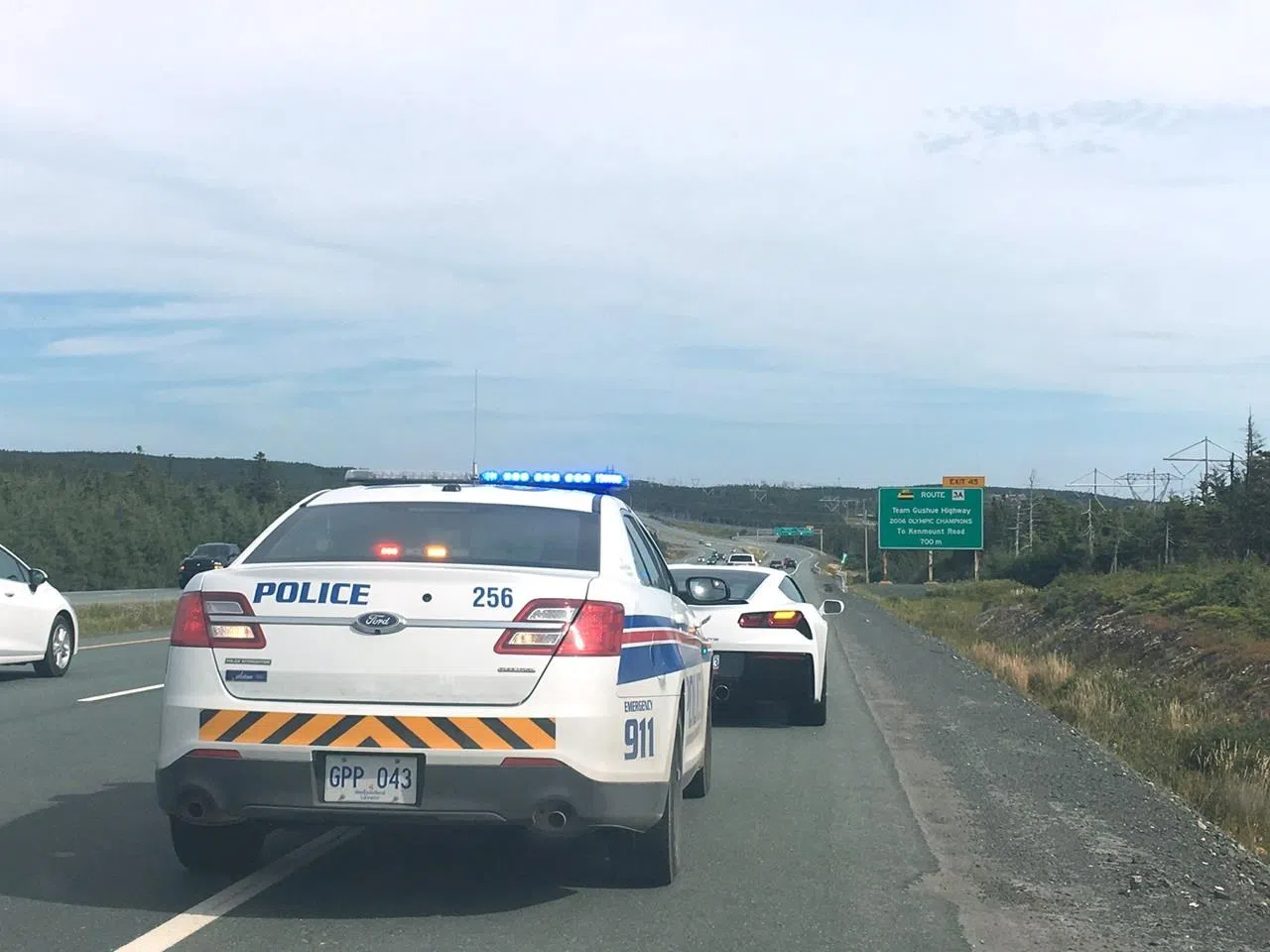
Deaths prompt police, insurers to target N.L.’s ‘insane’ driving culture
ST. JOHN’S, N.L. — Tom Hickey says he feels safer on the roads almost anywhere else in North America — Toronto, New York, L.A.
“It’s insane,” said Hickey, president of Wedgwood Insurance, one of Newfoundland and Labrador’s major providers. “And it’s not just the speeds at which people drive. It’s the aggression and the way they drive.”
Nineteen people have died in 12 crashes in the province since Aug. 1, including a 65-year-old man killed Wednesday in a single-vehicle accident on the Trans-Canada Highway southwest of St. John’s.
Despite that deadly toll, officers say they still clocked drivers racing up to 173 kilometres an hour during a blitz last weekend.


